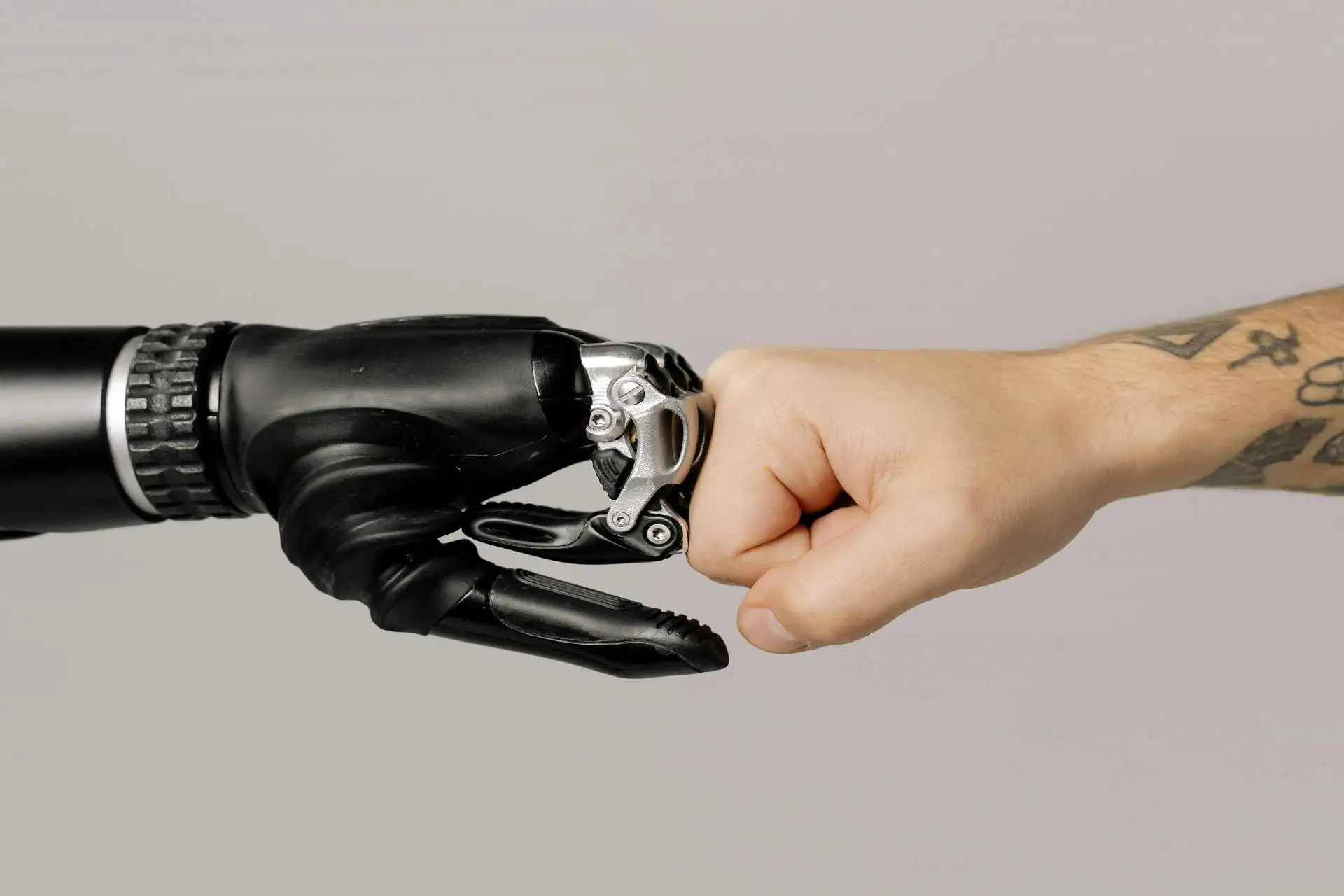Today’s news is about the use of AI and its impact on critical thinking skills. The more the use of generative AI, the more negative the impact it causes on human critical thinking, weakening the ability to solve problems in unexpected situations.
Impact of Generative AI on Critical Thinking
A recent study from researchers from Microsoft and Carnegie Mellon University has been published that explores the impact of the use of generative AI on critical thinking skills. In the study, the evergrowing inclination towards AI was unveiled.
With overreliance on AI, the effort shifts toward verifying AI’s response efficiency instead of using higher-order reasoning like creating, evaluating, and analyzing information. If the situation remains the same in which humans only use their critical thinking skills in the absence of AI, it will deprive humans to:
- Practice their judgement
- Strengthen their cognitive musculature
- Leave humans unprepared for exceptional circumstances
- Weaken the ability to solve problems on their own
The Study's Findings
Researchers from Microsoft and Carnegie Mellon University in a study surveyed 319 people who use generative AI at least once a week at work. These people were asked to share their experiences of how they use generative AI at work, which fall into three categories:
Creation (writing a formulaic email to a colleague, information (researching a topic or summarizing a long article), and advice (asking for guidance). The results showed that:
- 36% of participants reported using critical thinking skills to mitigate potential negative outcomes from using AI.
- Participants who reported confidence in AI used less critical thinking effort than those who reported having confidence in their abilities.
- Overreliance on generative AI tools can weaken our capacity for independent problem-solving.
Compensating for AI's Shortcomings
In the survey, many participants shared that they double-checked and edited the AI content with common sources to omit the risk of unauthorized information being sent forward. The situation led to limitations of AI which needed to be compensated.
Generative AI has its shortcomings and imitations, and those who use AI need to understand these limitations. This includes being aware of the potential downstream harms of AI responses and taking steps to verify and edit AI-generated content.
Study's Conclusion
The study does not conclude that AI makes us dumb, but reveals the need to understand shortcomings of to boost and enhance critical thinking skills.

